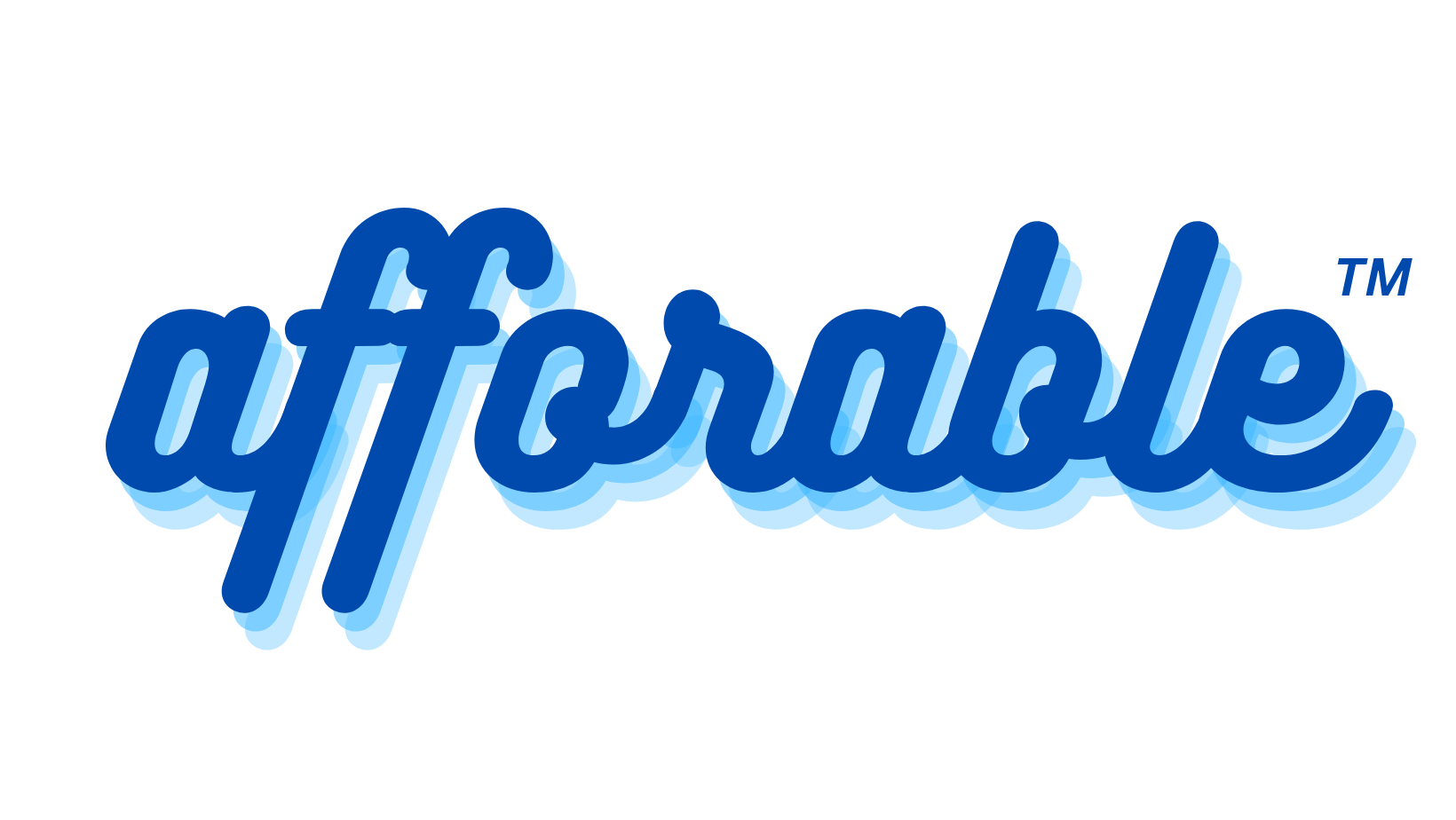Credit card debt can be a significant financial burden, and many individuals seek ways to pay it off without accumulating more debt, such as taking out a loan. In this article, we’ll provide valuable information and practical strategies to help you tackle your credit card debt effectively, regain control of your finances, and achieve financial freedom.
1. Create a Budget and Stick to It
A well-planned budget is your first line of defense against credit card debt. Start by listing your income and all your expenses, including necessities and discretionary spending. Once you have a clear picture of your finances, you can identify areas where you can cut back to allocate more funds toward debt repayment.
2. Prioritize High-Interest Debt
If you have multiple credit card balances, prioritize paying off the debt with the highest interest rate first. This approach, known as the “avalanche method,” minimizes the overall interest you’ll pay. Continue making minimum payments on your other cards while allocating extra funds to the high-interest debt.
3. Snowball Your Debts
Another debt repayment strategy is the “snowball method.” With this approach, you focus on paying off the smallest balance first. While this may not save you the most money on interest, it can provide a psychological boost as you quickly eliminate individual debts, creating a sense of accomplishment.
4. Negotiate Lower Interest Rates
Contact your credit card issuers and inquire about lowering your interest rates. If you have a good payment history, they may be willing to accommodate your request, which can help you pay off your debt faster.
5. Increase Your Income
Boosting your income can significantly expedite your debt repayment. Consider part-time work, freelance gigs, or selling items you no longer need to generate extra cash. Apply any additional income directly to your credit card debt.
6. Avoid Accumulating More Debt
While working on paying off your credit card debt, it’s crucial to avoid adding to it. Temporarily stop using your credit cards, or use them sparingly and responsibly. This prevents further debt accumulation as you work toward your financial goals.
7. Build an Emergency Fund
Having an emergency fund can prevent you from relying on credit cards when unexpected expenses arise. Aim to save at least three to six months’ worth of living expenses to provide a financial safety net.
8. Explore Debt Consolidation
Debt consolidation can be a viable option for simplifying your payments and potentially reducing your interest rates. Look into balance transfer credit cards or personal loans for consolidation, but be cautious about the associated fees and terms.
9. Seek Credit Counseling
Credit counseling agencies can offer guidance on managing your credit card debt. They can help you create a budget, negotiate with creditors, and provide debt management plans to get you back on track.
10. Stay Persistent and Patient
Paying off credit card debt takes time and commitment. Stay persistent, maintain your budget, and keep your financial goals in sight. Celebrate your progress, no matter how small, as you work toward a debt-free future.
Conclusion
Paying off credit card debt without taking out a loan is a practical and achievable goal with the right strategies and commitment. By creating a budget, prioritizing debt repayment, increasing your income, and staying disciplined, you can regain control of your finances and set a course toward a debt-free future. Valuable information and practical steps empower you to make informed financial decisions and build a strong financial foundation.

